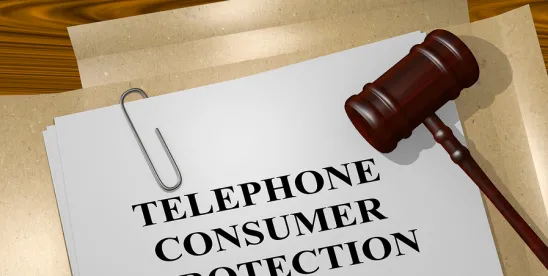As we previously reported, the Eleventh Circuit recently held that receiving a single, unsolicited text message does not constitute the harm necessary to achieve Article III standing in a Telephone Consumer Protection Act (“TCPA”) suit. Salcedo v. Hanna, No. 17-14077, 2019 WL 4050424 (11th Cir. 2019). In so holding, the Salcedo v. Hanna decision gave new life to standing arguments in TCPA cases, and created a circuit split along the way. The implications of the decision could drastically alter the viability of individual and TCPA class actions in the text messaging context.
However, this week, the Plaintiff filed a petition in the Eleventh Circuit to rehear his case en banc. In the petition, Plaintiff asks the Eleventh Circuit to reconsider the following issue: “Whether a person who receives a text message sent to a cell phone in violation of the Telephone Consumer Protection Act (TCPA) prohibition on unconsented-to, auto-dialer calls to cell phones, 47 U.S.C. § 227(b)(1)(A)(iii), suffers concrete injuries providing standing to sue under the TCPA’s right of action for the remedies provided by the Act.” In support of his petition, Plaintiff argues that "the panel's decision departs from other circuits' rulings by centering on the panel's assessment that in the TCPA, Congress was principally concerned about invasions of privacy in the home. The other circuits addressing cell-robocall violations understood that Congress' privacy protective purpose extends more broadly."
It remains to be seen whether the Eleventh Circuit will agree to rehear the case en banc and, if so, whether it will disagree with the original panel. We will continue to keep a close eye on the fate of Salcedo v. Hanna.



 />i
/>i

